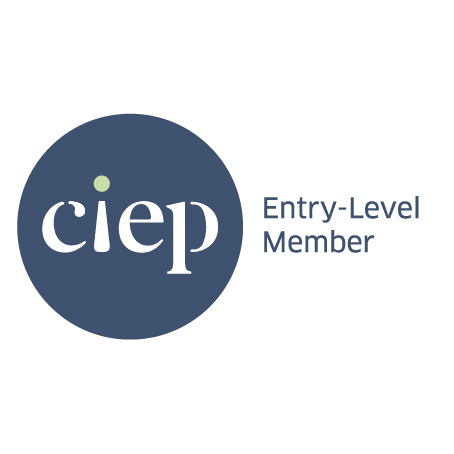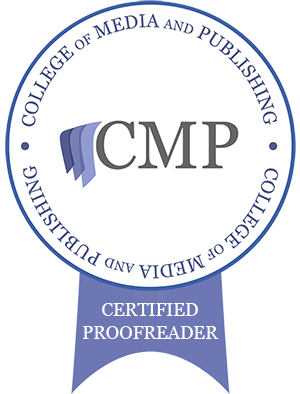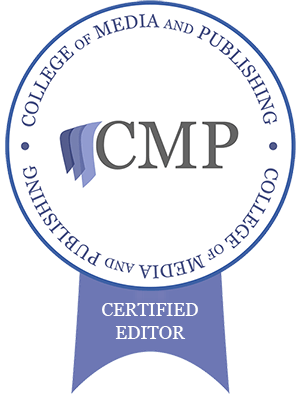
What is proofreading?
You might be wondering what a proofreader actually is, and what they do.
Proofreading is one of the final stages of the publishing process. The term comes from the traditional publishing industry. The text is written and edited, then typeset: typed and formatted in the form it is to be printed and published. This is the ‘proof’ or ‘page proof’. The proofreader’s job is checking these proofs, to ensure there are no errors left after editing and typesetting.
Proofreading tasks vary significantly, depending on the type of text and the method of publishing. Proofreaders will check spelling, grammar, typoes, style, formatting and captions and illustrations. Factual errors are checked then corrected or queried. Proofreading involves all of these checks.
Isn’t that editing?
Proofreaders are not there to revise the text, they will try to keep changes and revisions to a minimum. Proofreaders are looking for obvious errors, things that are objectively wrong. Editing involves revising the text and may include making changes that are more subjective to improve the flow of the text. Most people working as proofreaders will be editors as well.
Because the proofreading stage is late in the process, therefore changes must be minimised. Due to this, only the parts that need changed should be changed, otherwise the publication is delayed and costs increase. We don’t want this to happen, because that is not helpful for the client. Only change what is blatantly wrong.
Can’t I do this myself?
Yes, you can. However, it is easy to miss mistakes in your own writing. The reason for this is because when you are familiar with a piece of text, you will skim-read it because your brain already knows what it’s supposed to say. So you can easily miss mistakes. A proofreader usually works ‘blind’, i.e. they have not seen the text before they work on it. So they are much better at spotting errors.
You should check your own work, it’s a good habit to have. But you might miss typos and errors, so having someone else look over your work will ensure nothing slips by. That’s where a professional proofreader comes in. Especially if you are publishing something like a book.
Can anyone be a proofreader?
Yes, pretty much. However, it is important you have a good command of the English language (or whatever language you’re proofreading in). You need to know the grammar rules and spelling of most words. If you intend to work as a proofreader, it is strongly recommended you invest in formal training. There’s a lot of rules you need to know. There are a number of avenues you can go down to get training.
I studied a proofreading and copy-editing course at the College of Media and Publishing. I am currently working through the first proofreading course with the Chartered Institute of Proofreaders and Editors. There are other options out there as well.




Leave a Reply